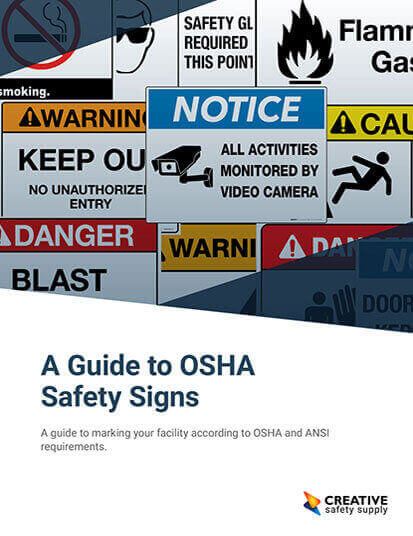
In its traditional definition, compliance officers are responsible for ensuring their company complies with regulatory and legal requirements, as well as internal bylaws and policies. Chief compliance officers, sometimes called a compliance manager, are most common in banking and healthcare.
Officers are hired to keep the company running smoothly by meeting outside laws and regulations as well as following industry best practices and maintaining ethical standards. Generally, a compliance officer will design, implement, and monitor the organization's compliance program—critical for maintaining a positive reputation, effectively managing risk, and avoiding costly lawsuits.
What is a safety compliance officer?
When it comes to workplace safety however, a safety compliance officer (sometimes called an occupational safety specialist, is someone who works for OSHA to conduct inspections of facilities. After the opening conference of an OSHA inspection, the compliance officer will identify any health, safety, or environmental hazards (and potential hazards). They will review risk assessments, fire alarms, training programs, and injury/illness records. The safety and compliance officer will help employers correct hazards, and finally recommend citations for alleged violations via mail.
A more hazardous workplace (like a construction site) may hire a safety compliance officer to minimize dangerous conditions, correct compliance issues, and keep management informed of any regulatory changes. A safety compliance officer in a health clinic, for instance, may be responsible for designing and implementing policies + procedures that keep both workers and patients safe. In these settings, compliance officers typically working within the operations to evaluate safety programs and security policies, proactively address safety concerns, lead incident investigations, oversee the training of employees, and of course ensure compliance with all federal, state, and local regulations.
The duties of compliance professionals vary between organizations and industries, but the goal is always the same: meeting regulatory requirements and overseeing compliance.

